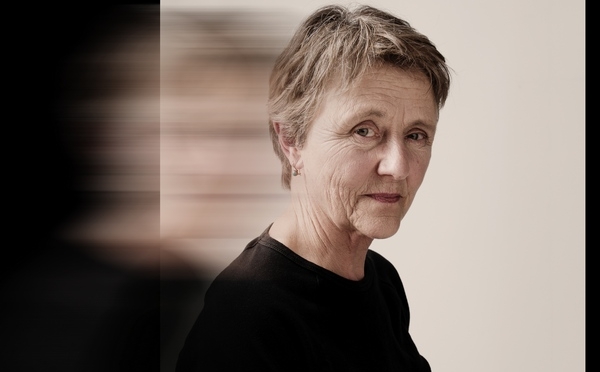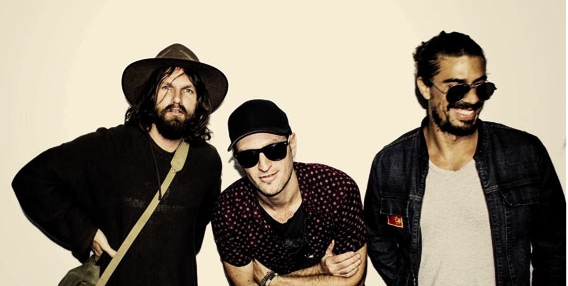Only a few days before my interview with Dempster, Carlton had resigned from the newspaper in response to being suspended by Fairfax Media metropolitan director Sean Aylmer. The public rationale for Carlton’s initial suspension was his provocative reaction to readers who had taken umbrage at Carlton’s analysis of recent events in the Middle East; others suggested it was a result of opposition to the substance of the columnist’s observations on the Middle East conflict.
But beyond the political hyperbole uttered on both sides of the dispute over Carlton’s demise existed broader issues of literary expression in a digital age: in the modern era, even newspapers – once bastions of staid political discourse, and notionally impervious to public criticism – are vulnerable to the volatile court of social media opinion.
Indeed, opinions far more radical – and reactions more vitriolic – than Carlton’s are published on blogs, social media and narrow-interest websites every day, yet the discourse promulgated in the pages of a newspaper remains held to a different standard.
One author who knows all about public controversy is esteemed British writer Sir Salman Rushdie. In the late 1980s Rushdie earned the ire of members of the Islamic community with his novel The Satanic Verses. Rushdie was the subject of death threats, and a fatwa issued by the then Supreme Leader of Iran, the Ayatollah Khomeini.
In a major coup, Rushdie will give the keynote address to the festival on the very pertinent topic of ‘The Freedom to Write’. “We had the opportunity to work with the Festival of Dangerous Ideas, and both they and we agreed that freedom would be a great idea to explore, and that one of the best people to have speak on that would be Salman Rushdie,” Dempster says. “So it was a bit of a perfect storm of topic, theme, his availability and his willingness to come to Australia. He’s such an interesting speaker on the topic of freedom to write, and we hope that people will want to listen to his story and the experiences he’s had.”
From a slightly different perspective comes Melbourne author Alice Pung, who will be discussing bigotry – itself a heated topic of public discussion recently in light of the proposed (and now shelved) changes to section 18C of the Commonwealth Racial Discrimination Act.
Dempster hopes the discussion of freedom will assist in broader public debate on the relevance of the topic in the contemporary environment. “I think it’s something we’re all debating at the moment,” Dempster says. “There are so many ways and tools by which people can make themselves heard, whether it’s by social media or as a writer, and that’s leading to a huge discussion about what should be written, what can be written. I don’t have the answers, but it’s being played out at the moment.”
The festival also ponders the future of digital publishing, and its evolution from ephemeral plaything to ‘serious’ literary pursuit. Once closeted from their audience, the digital age encourages even newspaper journalists to interact directly with their readers – which, in Carlton’s case, he did so with gusto, and to his ultimate detriment.
This year’s festival program includes an address by internationally renowned blogger Maria Popova, the New York-based writer behind the Brain Pickings blog, who famously announced that she would never write a book. “She’s very committed to the digital space and the opportunities that it presents, so we’re very excited to have her at the festival to talk about digital publishing, where is it going and is it viable to be a writer in that space,” Dempster says. “And I do think it’s increasingly becoming viable, especially if you’re entrepreneurial, partly because there are no traditional models to follow.”
But the Melbourne Writers Festival is interested in far more than esoteric discussions of freedom and examinations of the future of digital media. Dempster is particularly excited about the presence of renowned local author Helen Garner, whose latest book looks at the trial of Robert Farquarson, the father convicted of murdering his three children by driving them into a country dam.
Dempster hopes that new elements of the program will take the festival’s reach beyond the bookish types who typically frequent literary festivals. “I take a very democratic approach to literature,” Dempster says. “Good writing comes in all forms and all formats – people engage with literary culture in different ways. I really want to bust the festival out of the literati mindset, and encourage all sorts of people to come along and participate.”
In that context, Dempster cites a new stream in the festival program that invites Melburnians to “connect and explore” as an example of the democratic approach she’s hoping to encourage. Five people will visit a caravan parked in Federation Square to converse with a random artist. “It promises to be a lot of fun,” Dempster says. “And there are other events are all designed with socialising in mind, and we hope it’s going to attract a more curious minded and adventurous festival goer.”
BY PATRICK EMERY

